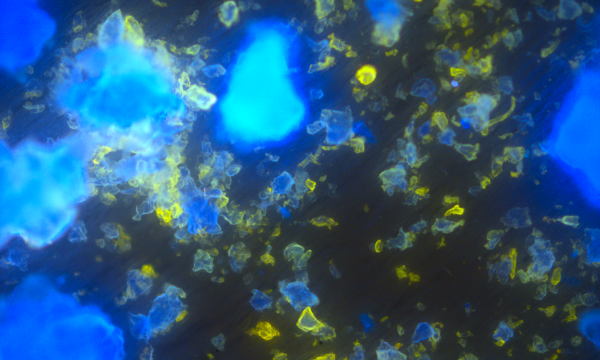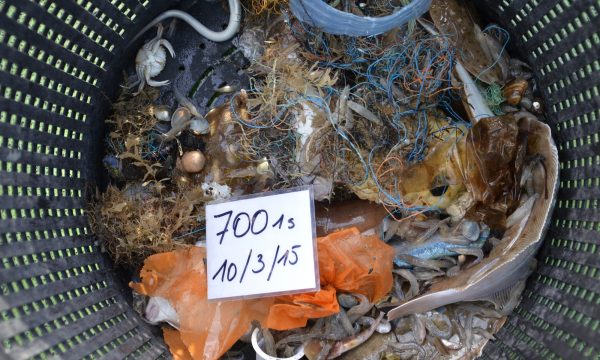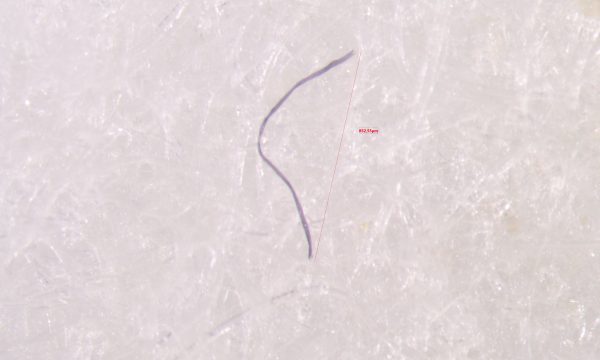Press release Healthy soil, a healthy plant ... with a touch of plastic?
How many microplastics (small particles of plastic) are found in field soils? How do they affect the health of soil and crops? And might a solution lie just beneath our feet, with bacteria and fungi that are able to break down plastic? To answer these questions, researchers from UGent, ILVO and NIOO are calling on farmers in Belgium, the Netherlands and Luxembourg to participate in the MiCoS study. They can register their arable land at www.micos.ugent.be before November 30, 2023 to have a soil sample taken (under strict confidentiality) in exchange for a comprehensive free soil analysis. In total, the researchers are looking for 240 croplands in the Benelux.
Plastic. A blessing, but also a curse.
Plastic is one of the most widely produced raw materials worldwide with many useful applications. Unfortunately, a significant portion ends up back in the environment, from the soil to the ocean and thus on our plates. "Images of plastic in the sea are already well known, but plastic in the soil is less visible. However, it is estimated that plastic in the soil is 4 to even 23 times more prevalent than in the oceans," says Professor Caroline De Tender of Ghent University. In the soil, plastic breaks down into smaller particles under the influence of sunlight and high temperatures. Particles smaller than 5 mm are called microplastics and are considered a major risk to humans and the environment. "Currently, we do not know how many microplastics occur in arable soil and whether these numbers have an effect on soil and plant health," she said. The MiCoS project focuses primarily on mapping the presence of microplastics in arable soils and from this, predicting the effect on the environment and the plant. In order to do this, we want to collaborate with farmers in the Benelux so we can come and take soil samples," explains Professor De Tender.
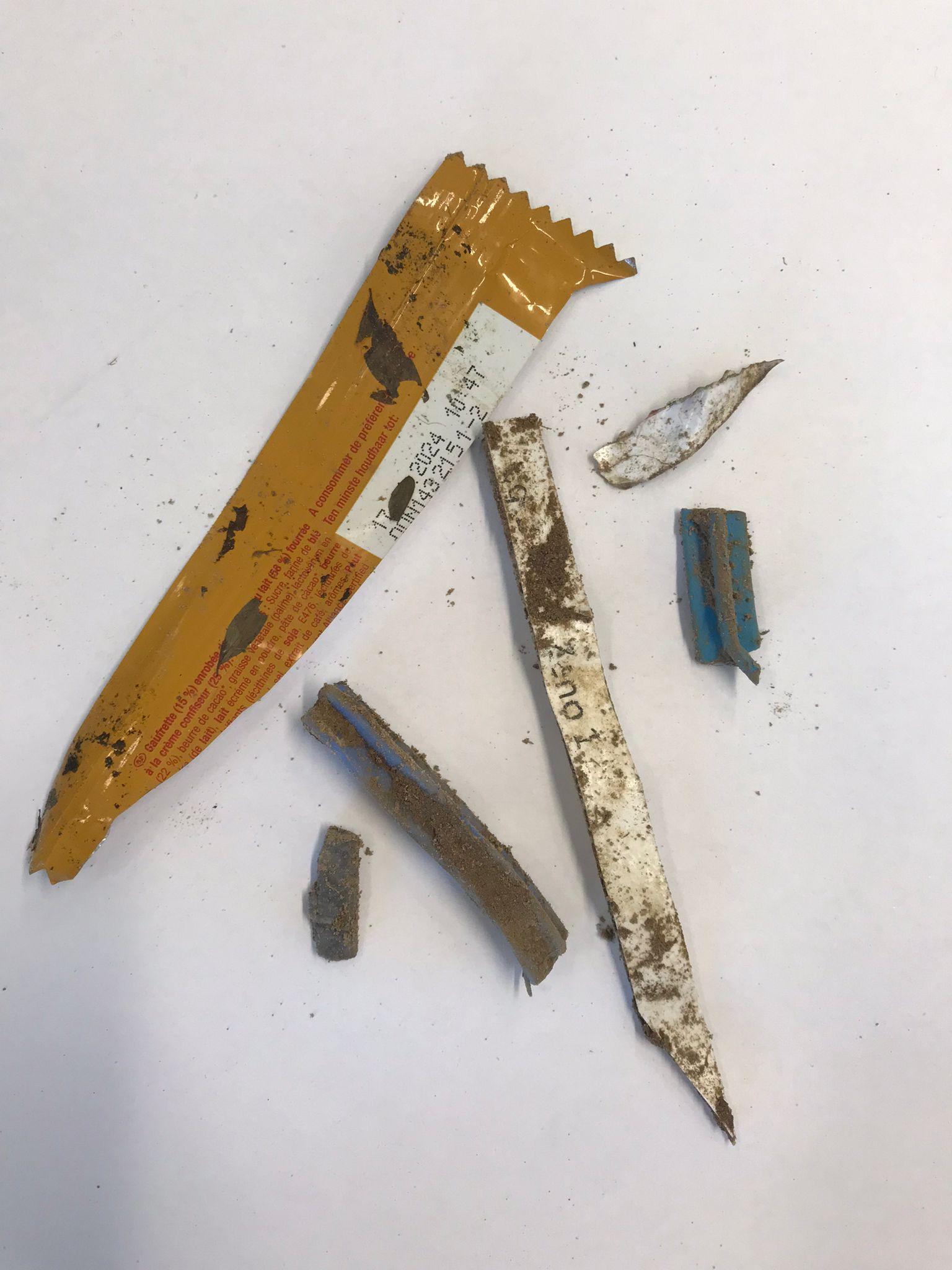
Wanted: 240 arable plots
The large-scale sampling has the ultimate goal of finding a solution to the microplastics problem. The research team led by Prof. De Tender is therefore looking for 240 field sites in the Benelux. For more information and registration, please visit www.micos.ugent.be. Data processing is completely anonymous.
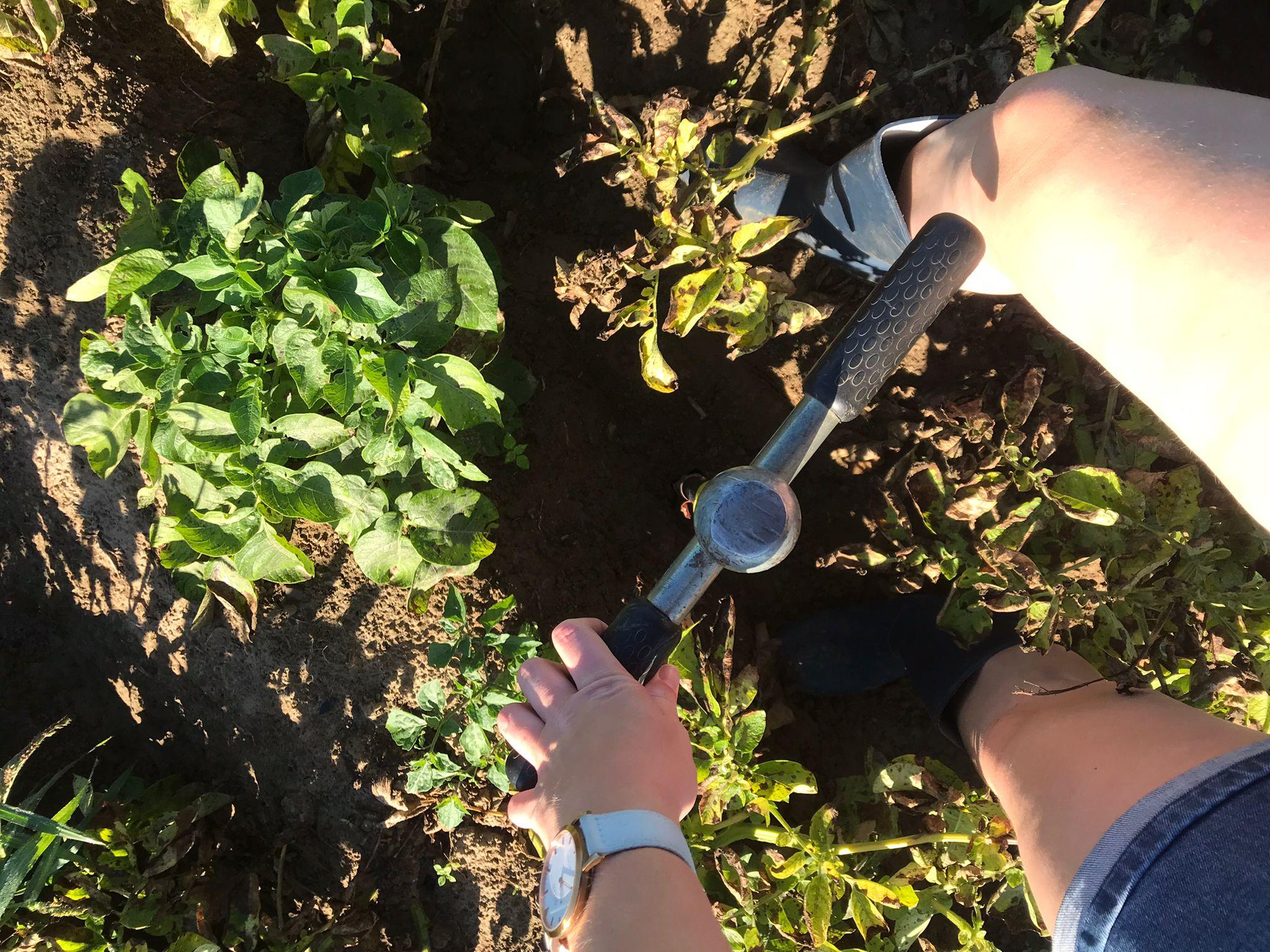
The project
The 'MiCoS' project is an initiative of Ghent University, in collaboration with ILVO, and the Netherlands Institute of Ecology (NIOOKNAW) sponsored by the European Union through the European Research Council. Farmers in Belgium, the Netherlands and Luxembourg who would like to participate in this research can register at www.micos.ugent.be by Nov. 30, 2023.
Dr. Lisa Joos, one of the researchers working on the project, explains why it is so important to register: "The number of registrations determines the success of the project. We are looking for arable land in all areas of the Benelux with both low and high probability of the presence of plastic. The more farmers that register, the better the research. In December, the selected farmers will be contacted for further information regarding the one-time sampling that will take place between January and March 2024."
And what's in it for the farmers? In exchange for their cooperation, the selected farmers will receive a free soil analysis. Specifically, we determine the nutrients in the soil, pH, water permeability, soil life (bacteria and fungi) and of course the number of (micro)plastics.
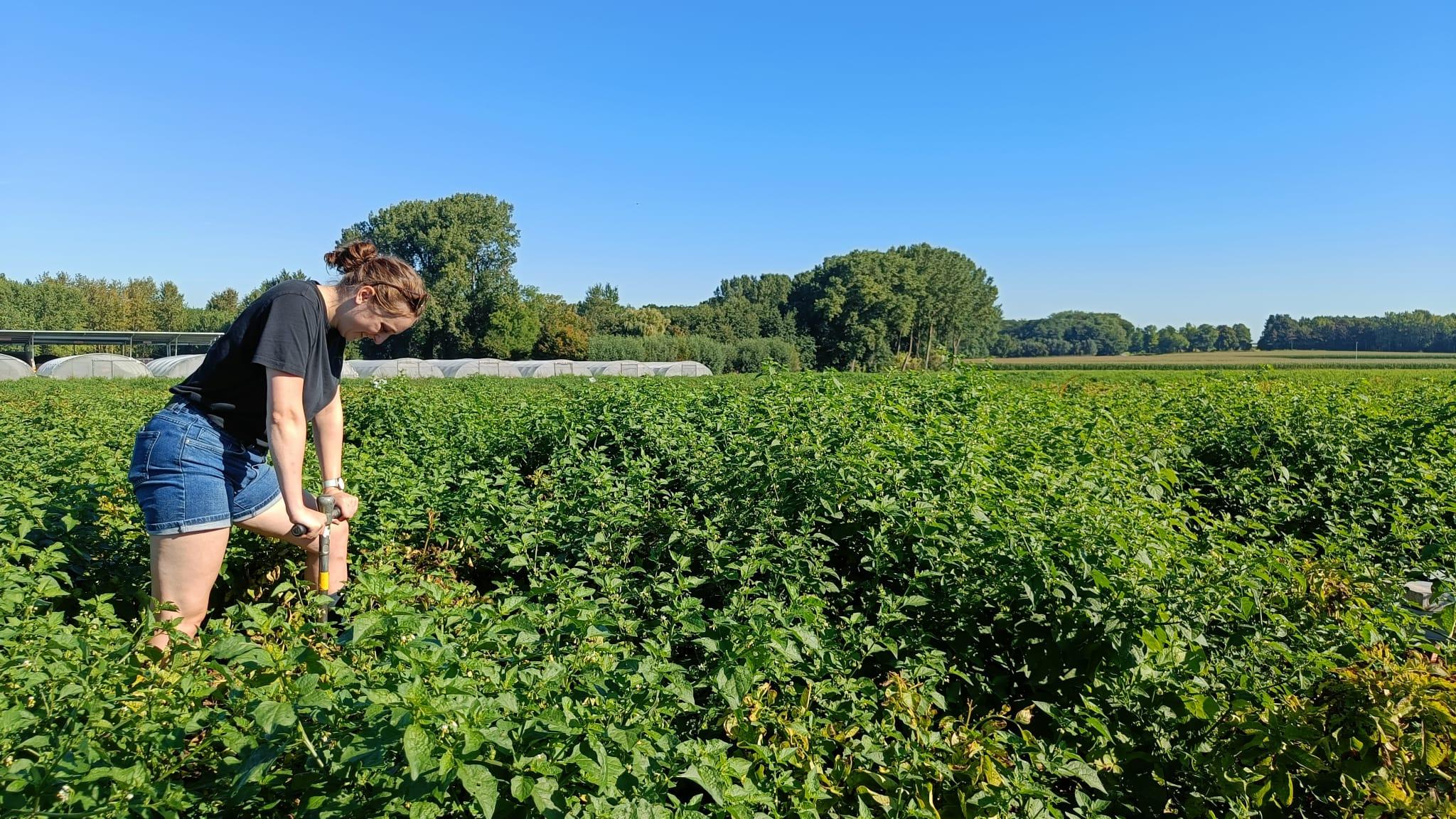
Contacts:
• Prof. Caroline De Tender – caroline.detender@ugent.be, UGent, Department of biochemistry and microbiology
• Dr. Lisa Joos – lisa.joos@ugent.be, UGent, Department of biochemistry and microbiology
• Dr. Bavo De Witte – Bavo.dewitte@ilvo.vlaanderen.be, ILVO, Animal Sciences Unit
• Dr. Ciska Veen – c.veen@nioo.knaw.nl, NIOO-KNAW, Terrestrial ecology research group
For more information, images and interview requests, please contact:
UGent, Department of biochemistry and microbiology
Lisa Joos
+32 478 65 29 15
micos@ugent.be
